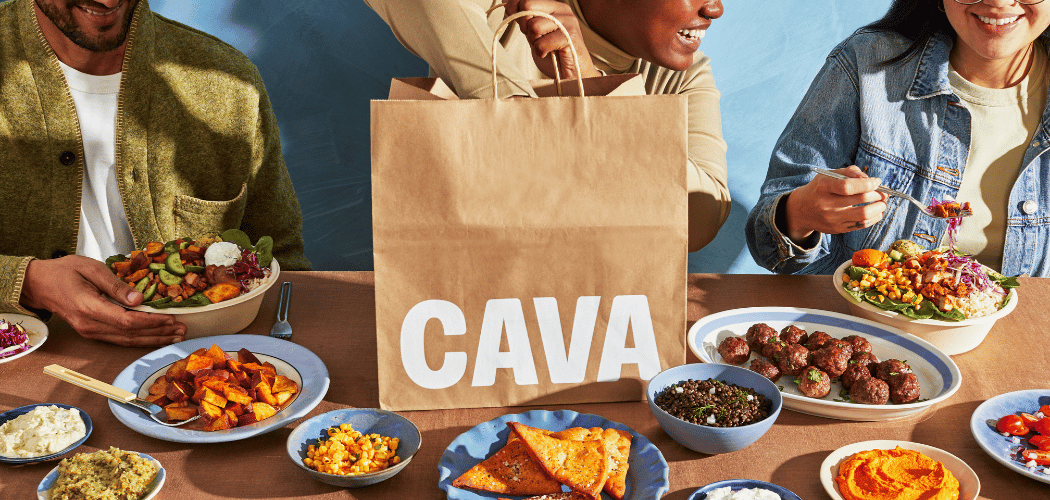The next generation that follows Millenials and the challenge of connecting with them in non-traditional ways.
By Richard Pachter
People born between 1996 and 2011, called Generation Z (what’s after that?) will make up about half of all U.S. consumers by 2020. They are a diverse group and quite unlike the generations preceding them.
Sure, the same is said of every recent generation, but isn’t that the point? Marketers, like the generals of legend, are always fighting the last war; looking at what they already did, should have done and wanted to do, and applying old lessons and hindsight in the context of the past rather than providing an insightful vision of the future.
There will always be commonalities. People will forever favor value, free stuff and personalization, but what makes Generation Z unique and, more importantly, how can they be factored in to the loyalty equation?
First of all, they’re just not that into you. To them, loyalty programs aren’t that big a deal. One study by market research-firm Lab42 discovered less than half of Gen Z shoppers were motivated to make a purchase based on a loyalty program versus nearly three-quarters of millennials.
Among their findings:
- “Although special promotions/discounts are the most motivating influences for this generation, they are significantly less important to this group than to other generations.
- Stores and manufactures may have a harder time influencing GenZ’ers decision of where to shop and what products to buy, as traditional marketing promotional strategies like coupons, loyalty programs or points are also significantly less important to this generation. In addition, fast check out, though not as important as competitive pricing, is much more motivating among GenZ’ers vs. other generations.”
The whole study is worth reading but Gen Z’s overall reluctance to engage, per the study, could mean big problems — not just for loyalty, but brand marketing in general.
What can be done then? Here’s a thought: According to Google, traditional celebrities are less influential than YouTube “stars.” Now, before you scoff at the notion that video personalities possess sufficient gravitas for your efforts, think about the experience: no one watches YouTube because “there’s nothing else on.” It’s appointment TV in the truest sense. And the programming created (or hosted) by these folks has rabid followings. Sure, many broadcast and cable shows still have huge audiences, but the intimacy of the YouTube experience is pretty potent.
It doesn’t mean that you have to align yourself with them to establish the legitimacy of your loyalty campaign — though it’s not a bad idea if you can identify one who reflects values and an image in line with your brand.
The lesson is that you have to find authentic and at times, non-traditional means of connecting with Gen Z. The old razzmatazz and hype will fall on deaf ears and has a greater chance of engendering scorn, not loyalty. They will soon be the dominant demographic, so a good time to start is right now.
Richard Pachter is Editor at Large for The Wise Marketer.




